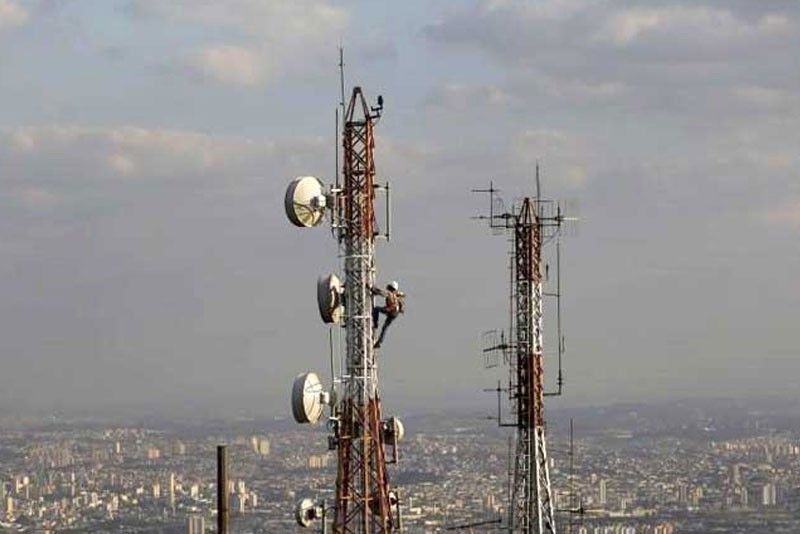Scrap telco franchise requirement to hasten ICT investments – PIDS

MANILA, Philippines — The Philippine Institute for Development Studies (PIDS) is in favor of removing the requirement of a legislative franchise in the establishment and operation of telecommunications and broadcasting services, saying this slows down the flow of investments in the information and communication technology (ICT) sector.
In a new policy note titled “ICT Regulation and Regulatory Authority,” the state-run think tank said the “tedious application process” in relation to the need to secure a legislative franchise is “among the most significant barriers” to investments.
“To engage in a telecommunications activity, an applicant needs to first secure a legislative franchise and a certificate of public convenience and necessity, among other permits and licenses,” PIDS said.
“Given that the processing of the first two can take an average of five years, this slows down investment in telecommunications services. This, in turn, creates a domino effect on other ICT services and ICT-ES dependent on basic telecommunications services and infrastructure,” it added.
Other barriers to investment in the sector identified were constitutional limits on foreign participation, faulty interpretation of key policy concepts, and overlapping functions of agencies in charge of regulating the ICT industry.
Because of conflicting interpretation of policies and overlapping of regulatory functions, PIDS also said that in the long-term, there may be a need to assign a single regulator for the sector to harmonize the implementation of rules and regulations.
At present, the Department of Information and Communications Technology (DICT) is the umbrella agency for ICT regulation.
Created by the Department of Information and Communications Technology Act (DICTA), it is mandated to develop policies and plans for ICT development in the country.
So far, PIDS noted that the agency is contributing to regulatory confusion.
Following the passage of the law, several agencies were attached to DICT such as the National Telecommunications Commission (NTC), National Privacy Commission and the Cybercrime Investigation and Coordination Center.
PIDS noted that with this consolidation of authority, DICT exercises broad powers over telecommunications and broadcasting, data privacy, cybersecurity, consumer protection, as well as promotion of trade and investment in the sector.
This, however, “challenges the established rules, regulations, and legal interpretation over services traditionally governed by their own separate legal and regulatory regimes.”
“It also results in conflict in the application of laws and rules, thus creating barriers to trade and investment on ICT services,” PIDS said.
PIDS is thus calling for the strengthening of DICT’s role in ICT regulation by defining the extent of its functions as mandated by DICTA.
This includes creating a clear delineation between the promotion of trade and investments in the ICT sector between DICT and Department of Trade and Industry.
Likewise, a delineation of the conditions when the Philippine Competition Commission (PCC) can take over matters involving competition and non-competition issues in the ICT sector.
“Given the potential for overlaps with other government agencies, the lack of specificity in the extent of the powers of DICT creates uncertainty in the implementation and application of the DICTA,” said PIDS.
With the prevailing challenges in the interpretation of “internet business,” PIDS said the DICT could create regulatory sandboxes for businesses wishing to test an emerging technology without being bound by all the regulations that would normally apply.
“But for services that affect public interest such as mass media, there is a need to study how to balance the need for innovation with the need to regulate content, such as child pornography, fake news, cyberbullying, and fraud among others,” said PIDS.
With the maturity of the regulatory structure for ICT in the long-term, PIDS said the government may consider establishing a single ICT regulator that has authority over ICT matters.
This body may have the power to regulate industries normally regulated by other regulatory bodies if these are using ICT and interpret ICT-related issued for the guidance of other regulators.
- Latest
- Trending





























